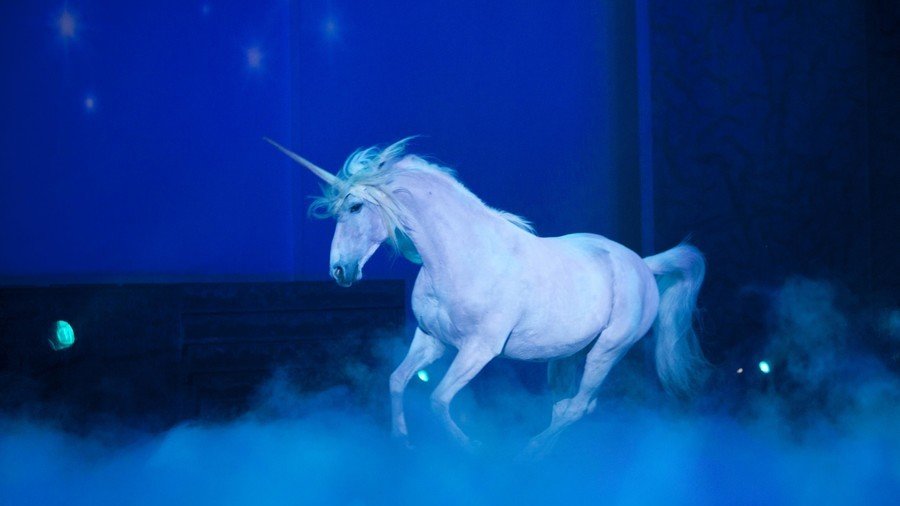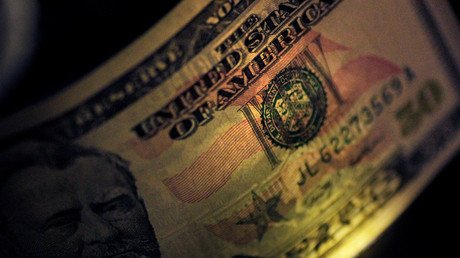Silicon Valley's biggest ever tech bubble about to burst

The excessive speculation in internet-based companies is worse today than during the peak of the dot-com bubble at the turn of the millennium, warns Keith Wright, a professor at the Villanova School of Business.
“It’s going to be all downhill from here,” he wrote in an opinion piece for CNBC. “Massive losses are coming in venture capital-funded start-ups that are, in some cases, as much as 50 percent overvalued.”
The peak in the tech unicorn bubble has already been reached, he said, referring to unicorns as defined by venture capitalist Aileen Lee. The term unicorn, which was created in 2013, refers to privately-held startups valued at over $1 billion.
According to a recent study by the National Bureau of Economic Research, unicorns on average are roughly 50 percent overvalued. The research examined 135 unicorns and found that nearly half of them should be more fairly valued at less than $1 billion.
‘Biggest stock market bubble of all time’ ready to burst – strategist https://t.co/BVSpf7LedRpic.twitter.com/ceRZyTuaUn
— RT (@RT_com) April 5, 2018
Analysts say that while most unicorn companies are not producing billions of dollars in revenue, up to 80 percent of them are set to fail within two years. The highest-valued private technology company Uber, which has rapidly growing revenue, still remains highly unprofitable. The firm’s revenue was $6.5 billion as of 2016 but still it registered a net loss of $2.8 billion.
“We are now officially in a tech bubble larger than March of 2000,” said Wright.
Some 76 percent of the companies that went public in 2017 were unprofitable on a per-share basis in the year leading up to their initial offerings, data compiled by Jay Ritter, a professor at the University of Florida's Warrington College of Business, has shown. It’s the largest number since the peak of the dot-com boom in 2000, when 81 percent of newly-public companies were unprofitable.
Beginning of a longer downturn? https://t.co/x8ojX4TO7t
— RT (@RT_com) April 4, 2018
The number of IPOs filed in the United States has dropped to the lowest since 2012. Some 275 IPOs have been filed in 2014; the figure fell to 105 in 2016. There were just a few successes in the 2017 IPO market.
Several high-profile billion-dollar start-ups such as BuzzFeed missed their 2017 year-end revenue targets, according to the Wall Street Journal.
“If you intend to invest in a unicorn IPO anytime soon, think twice,” Wright warned. “And if you haven’t taken a close look at your 401(k) or IRA retirement plan investments, check to see what those mutual funds have been dabbling in.”
For more stories on economy & finance visit RT's business section















